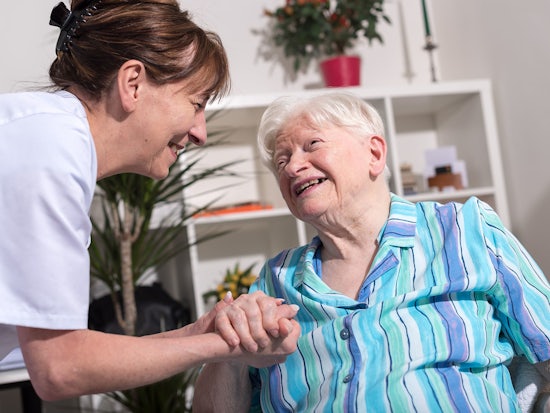Home care complaints on the rise
The release of the 2016-17 Aged Care Complaints Commissioner’s annual report has revealed that not only are more people complaining about issues in aged care, but that complaints about home care are on the rise.

The number of home care complaints is low but on the rise (Source: Shutterstock)
Commissioner Rae Lamb and her team record in the report that they received 4,713 complaints this year, showing a 20 percent rise when compared to the number of complaints received between the Department of Health and Commissioner in 2015-16.
Ms Lamb says it is good to see that people are complaining, and that it is also good to see that more people are complaining about care received at home and in the community.
She adds that this has historically been an area where people have seldom complained and that while these complaints remain low in number, they account for a growing proportion of the Commissioner’s work.
“I don’t think the rise in complaints shows deteriorating standards of care,” she says.
“Certainly we see instances where care has been very poor, and there are still people who should complain who don’t.
“Nonetheless the number of complaints has to be balanced against the fact that more than one million people receive aged care. Plus we have been doing a great deal of work to raise our profile.”
The report also shows that the Commissioner resolved the majority of complaints quickly and effectively, with three out of four finalised within 30 days.
Ms Lamb says complaints are a “normal part of providing care and services” and that they “lead to improved care”.
Minister for Aged Care Ken Wyatt has welcomed this news from Ms Lamb that more people are receiving assistance but adds that in a perfect world, there would be no need for the service.
“We are committed to accountability because every older Australian who needs aged care support deserves a quality service that is safe and meets their individual requirement,” the Minister says.
“The Commissioner provides free and independent advice and investigations and will hear concerns about the quality of any aged care service subsidised by the Australian Government.
“If you have a problem and talking to the aged care service hasn’t resolved the issue, the Complaints Commissioner is there to make sure your concerns are dealt with fairly and in a timely fashion.”
The Commissioner is available to hear complaints about Government funded residential care or residential respite, Home Care Packages, the Commonwealth Home Support Programme, Flexible Care, including transition care, and the National Aboriginal and Torres Strait Islander Flexible Aged Care Programme.
The full 2016-17 annual report covering the Commissioners first full year is available online.











![The new Aged Care Act exposure draft is slated for release in December of 2023, but advocates hope to see it rolled out on January 1, 2024. [Source: Shutterstock]](https://agedcareguide-assets.imgix.net/news/articles/wp/agedcareact__0811.jpg?fm=pjpg&w=520&format=auto&q=65)












Comments